Services
Our approach is never off-the-shelf – each client’s needs are totally unique, so we work with them to shape a tailor-made solution that best delivers the change they need.
Fundamental Building Blocks
When we create a bespoke response to a client’s needs, we draw on a range of fundamental building blocks.
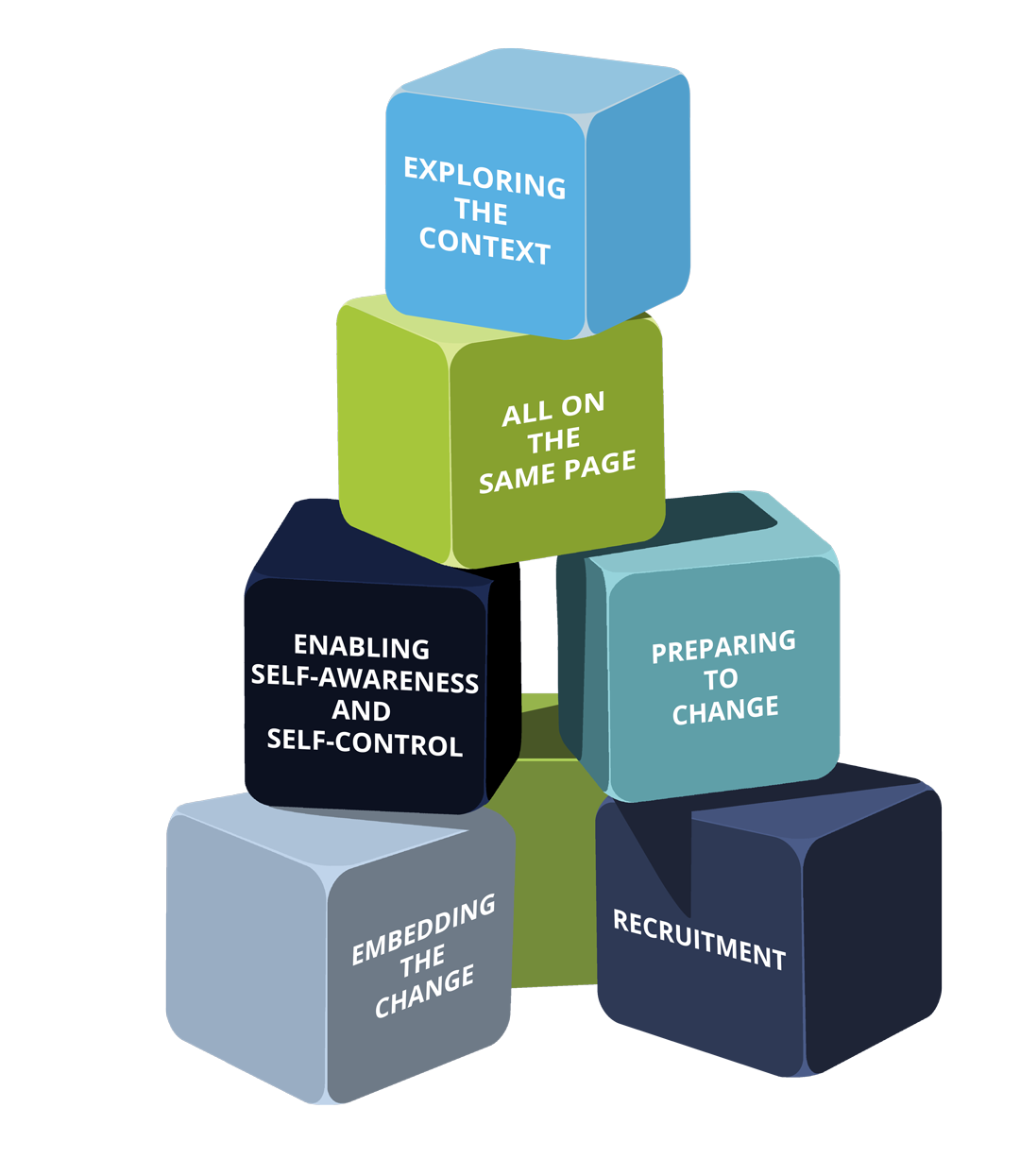
- EXPLORING THE CONTEXT
- All on the Same Page
- AWARENESS & CONTROL
- Preparing to Change
- Embedding the Change
- Recruitment
Exploring the Context
People don't tend to change for the sake of it. So for transformation to happen, there has to be a compelling case for it.
The compelling case for change is typically found in the Context an organisation operates in and the economic, political and social factors at play within it.
One of the key challenges of leadership is identifying and then sharing that compelling case.
This is where we start our work.
Services

Horizon Scanning

Stakeholder Engagement
It’s all too easy to rely purely on your own perspective when creating a compelling case for change. That's why we look to create Pivotal Situations that enable leaders to meet with and listen to stakeholders.

Culture Mapping

1:1 Exploration

Focus Groups
All on the Same Page
With the compelling case for change comes the need to bring that change to life. These are the Outcomes that need to be delivered if the transformation is to be successful.
It is absolutely essential that those who will lead others towards those Outcomes agree on them and are genuinely committed to them. This is why getting those leaders on the same page at an early stage is crucial.
The sense of being on the same page can, unsurprisingly, fade rather quickly. It is important therefore that key leaders come together regularly to remind each other of the compelling case for change and to celebrate and learn from progress made. It's also vital that those leaders share the message with their people and play back the response.
Services

Team Together
To deliver change, leaders need to communicate key, consistent messages, reinforce the importance, acceptability and possibility of the change, role model it and recognise cultural anchors. To avoid mixed messages or hypocritical behaviour, it's vital they spend time together, building and reviewing the message and an agreed set of behaviours they can all commit to.

Pivotal Situations
It's essential that leaders don't just collectively define 'what' the change is, they must also be clear about 'where' and 'how' the change happens. For this reason, we spend time with leadership teams exploring the Pivotal Situations and what skilfully handling them would look, sound and feel like.

1:1 Exploration
Not everyone does their best thinking in a group environment. That's why we typically work with individuals to help draw out and shape their thinking before bringing groups together to share carefully considered perspectives, rather than just in the moment responses.

Focus Groups
We often use Focus Groups to test out the compelling case for change or Outcomes created by senior leaders. We also use them to identify and explore the Pivotal Situations where those Outcomes will be delivered.
Enabling Self-Awareness and Self-Control
If leaders are to take their people with them on the Change Journey, they will need to be aware of, and more importantly, have control over how they behave in what we call Pivotal Situations.
Without that, there is a danger that they will undermine the process with unhelpful behaviour.
Here we work with our Behavioural Decision-Making Model and the Lumina Spark personality tool.
With 1:1 coaching, this is done individually. However, when it comes to organisational, or team transformation this is best done together. In this way people not only come to understand why they do what they do, but also how they can work more effectively with others.
Services

The OBDMM©
To help leaders understand and then control what’s going on in the moment, we use the Odyssey Behavioural Decision-Making Model©. This model is the outcome of PhD research and 10 years of development, and captures our understanding of how we all decide what to do in the moment.

Lumina Spark©
While we all follow the same process when we're making decisions, we all have our own unique way of going about it. We use the Lumina Spark© tool to build self-awareness, which then helps inform and shape our approach.
Preparing to Change
It may be that once individuals come to see the importance of certain Pivotal Situations they also recognise that they need help managing them more skilfully.
This is the point at which we may introduce and explore fresh behavioural options. The emphasis here is on practical new ways of working, not on theoretical inputs.
Experience also tells us that exploring new ways of working with colleagues is the most productive way of encouraging new and shared ways of working.
Services

Skills Input
In our experience, people rarely lack the skills needed to effectively handle Pivotal Situations, but if they do, and they recognise it, we help them build those necessary skills. The work, however, is never just about the skills, it focuses on the situation where they will be genuinely useful.

Role Modelling
If we want people to choose to behave differently they need to see, hear and feel the behaviour first hand. Their experience of it must also reinforce its usefulness and acceptability. We use actors and role-modelling to allow people to experience new skills and behaviours in practice.

1:1 Coaching
When it comes to delivering change, we prefer a 'together and apart' approach. 'Together' we shape and review shared messages and the Change Journey. 'Apart' we start delivering those messages and making that journey by enabling individuals to skilfully handle Pivotal Situations.

Team Together
To deliver change, leaders need to communicate key, consistent messages, reinforce the importance, acceptability and possibility of the change, role model it and recognise cultural anchors. To avoid mixed messages or hypocritical behaviour, it's vital they spend time together, building and reviewing the message and an agreed set of behaviours they can all commit to.
Embedding the Change
Buy-in to the compelling case for change, commitment to shared Outcomes, a recognition of the need to manage Pivotal Situations and new tools to do so are not the change, they're merely the potential for it.
The compelling case needs to be sold and the Outcomes need to be consistently delivered in the Pivotal Situations, and that takes time. Providing the ongoing support and challenge needed to encourage and then enable people to handle Pivotal Situations skilfully is a key aspect of our work.
This is done through both individual and group work. We encourage the regular coming together of all involved, to share best practice and celebrate success. However, some of the most powerful embedding takes place 'in the moment'. This is why, where possible, we join teams in actual Pivotal Situations to observe and intervene as behaviour is happening.
Services
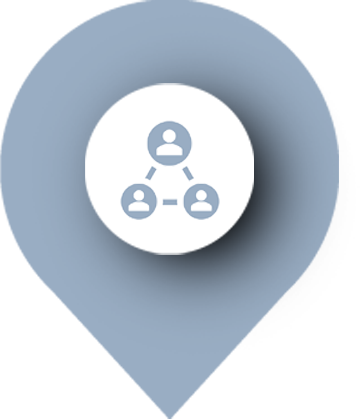
Support and Challenge Groups
As an alternative to 1:1 coaching, we bring leaders together in Support and Challenge Groups. Based on the principles of Action Learning, these groups are encouraged to focus on the delivery of Outcomes related to organisational change and, via the support and challenge of peers, their behaviour as they work towards them.
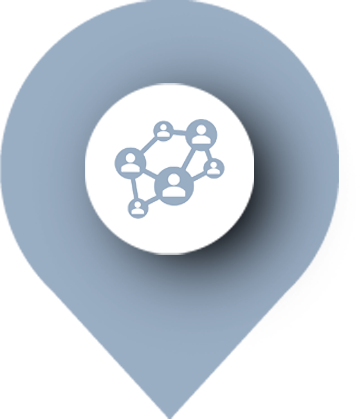
Leadership Forums
It can be a challenge keeping everyone on the same page whilst delivering change. 1:1 coaching and Support and Challenge Groups are powerful tools for delivering focused change, but effort can become fragmented when solely relying on them. To avoid this, we recommend leaders frequently come together to share messages, progress and best practice.

Observation and Intervention
As our primary focus is on Pivotal Situations, we find it helps to be present in some of these situations. Being there allows us to call a 'time-out' to explore what's happening in the moment, while it's fresh in people's minds. This approach requires familiarity and trust, so this only happens once relationships are strong enough.

Team Together
To deliver change, leaders need to communicate key, consistent messages, reinforce the importance, acceptability and possibility of the change, role model it and recognise cultural anchors. To avoid mixed messages or hypocritical behaviour, it's vital they spend time together, building and reviewing the message and an agreed set of behaviours they can all commit to.
Recruitment
It's inevitable there will be unexpected twists and turns on the road to changing the way an organisation does business. One of those turns is when people decide to move on from the organisation. This leaves the task of finding someone to replace them.
If you're clear about wanting things to be done in a particular way, it makes sense to recruit people who will be able to behave in the way you want them to.
This isn't about recruiting clones. It's about bringing people in who have the self-awareness and self-discipline to flex their behaviour to align with the way you want things done. That's why we are regularly asked by clients to help them with recruitment.
As with everything we do, our primary focus in the recruitment process is on Pivotal Situations – getting candidates to think about Pivotal Situations that they are going to need to handle skilfully if they are to be successful in the role. Asking them to consider which ones they will naturally handle well and which ones they will need to adjust their behaviour in order to get the result they need.
Services

Meet with Leaders
Before talking to any prospective candidates, we meet with those recruiting to the role to explore the Pivotal Situations and the key qualities a successful candidate will ideally have. We also ensure that the recruiters are clear which candidate behaviours could align or conflict with the role and the organisation's culture, and how to spot such behaviours.

Lumina Spark©
We use the Lumina Spark© tool with shortlisted candidates to build self-awareness. Those insights are helpful when preparing for a behaviour focussed interview. This process also helps the employer ensure a candidate’s fit with the organisation's culture.

Pivotal Situations
It's beneficial for candidates to recognise the Pivotal Situations they will encounter during the recruitment process, as well as those they may find themselves in if they get the job. That's why we spend time with each candidate, exploring those situations and discussing what handling them skilfully would look, sound and feel like.

Interview Panel
If requested, we can join the interview panel. This involvement allows us to observe the candidate's behaviour during the interview, a vital Pivotal Situation for them, and provide feedback to the employer after the interview. Our observation is never focused on the skills needed for the job - we solely focus on whether the candidate's behaviour will fit the role and the organisation's culture.
Odyssey in Action
We help leaders and their people deliver change in the situations when it matters most, and we can do the same for you.

An entire organisation
Have you recognised that the organisation you lead isn’t fit to face the future?
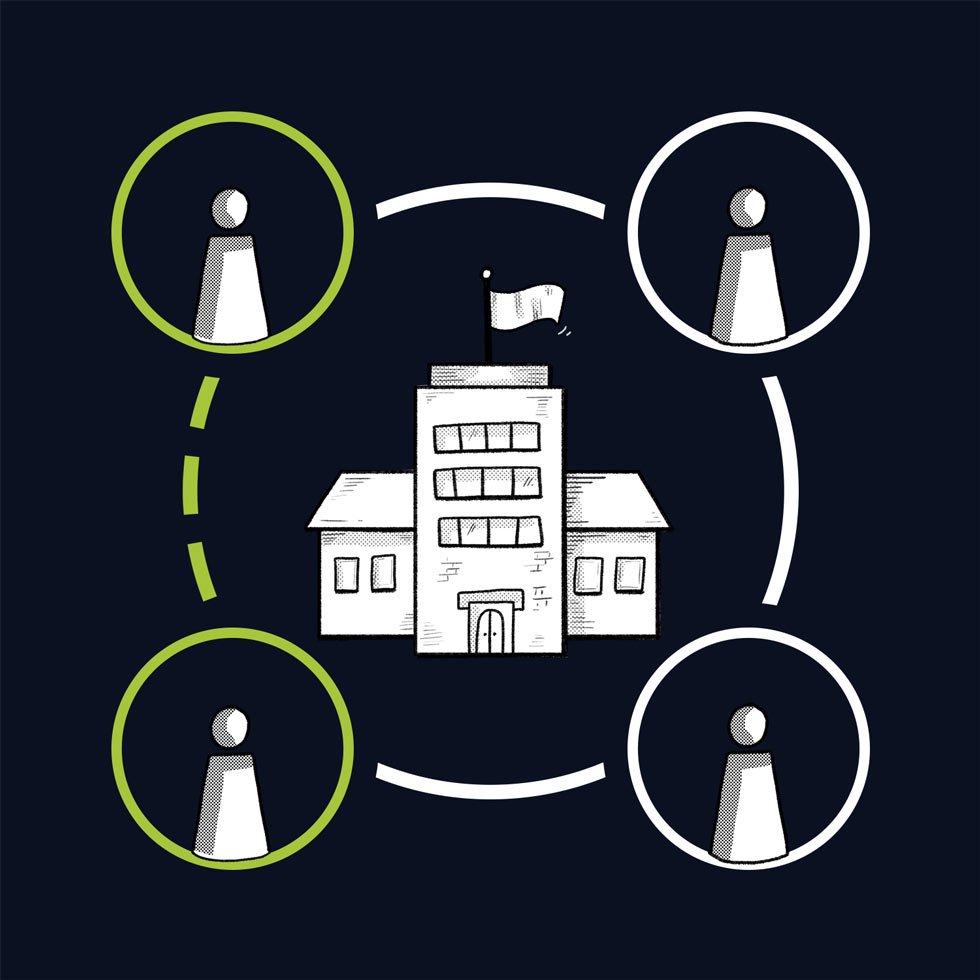
Part of an
organisation
Do you have responsibility for part of an organisation that needs to change and the power to make that happen?
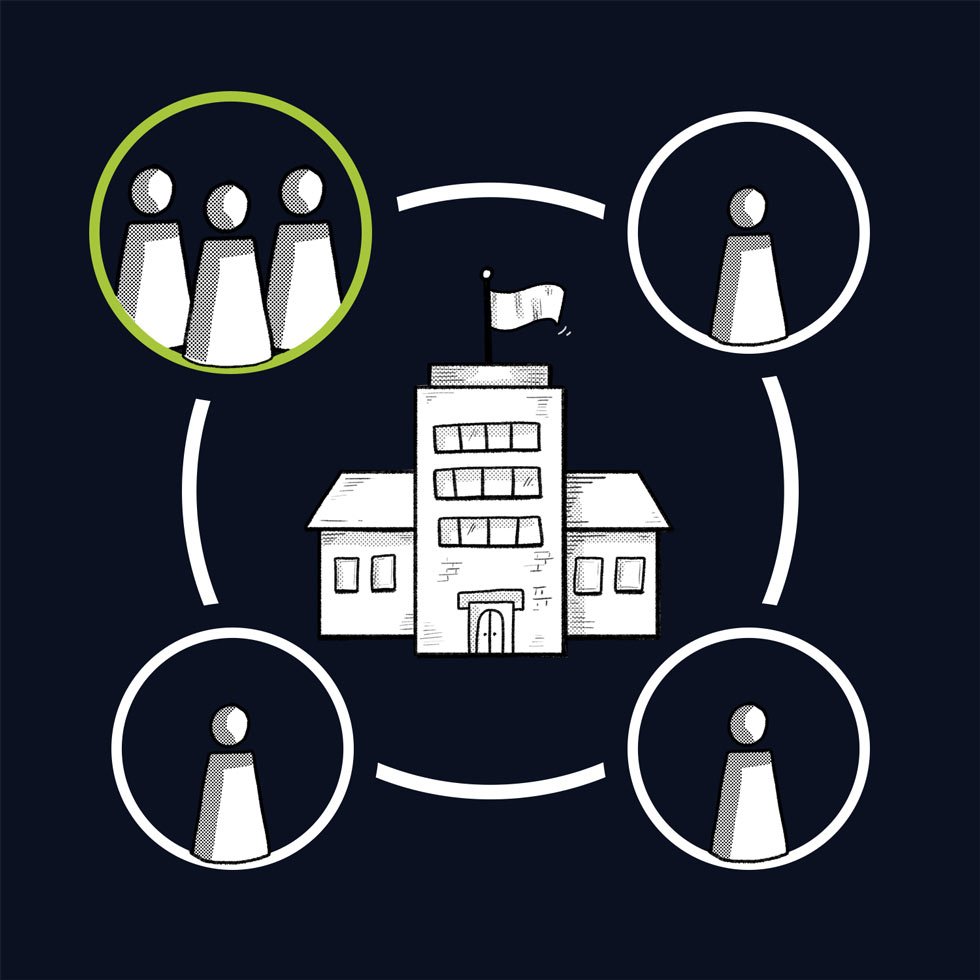
A particular team
Is it clear that your team isn’t delivering what the organisation needs?

An individual
Is the wellbeing or performance of one of your team causing you concern?
Where We’ve Made a Difference













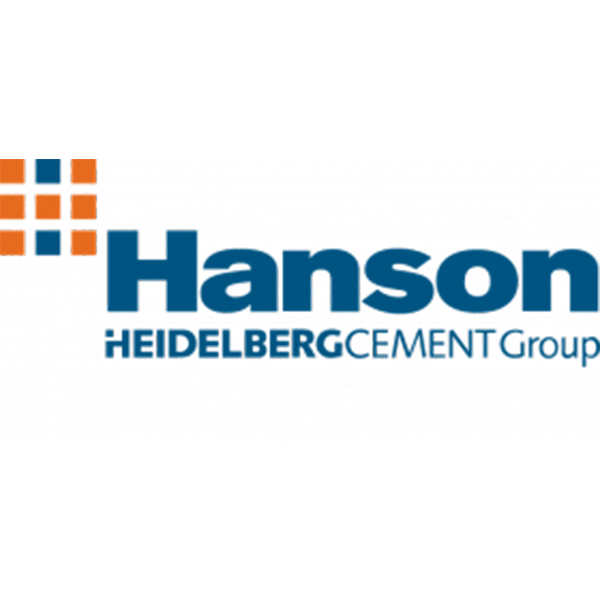



Think we could help you?
Great, let's talk!
Enter your details and a short description of how we can help, and we’ll be in touch to arrange an initial chat.
